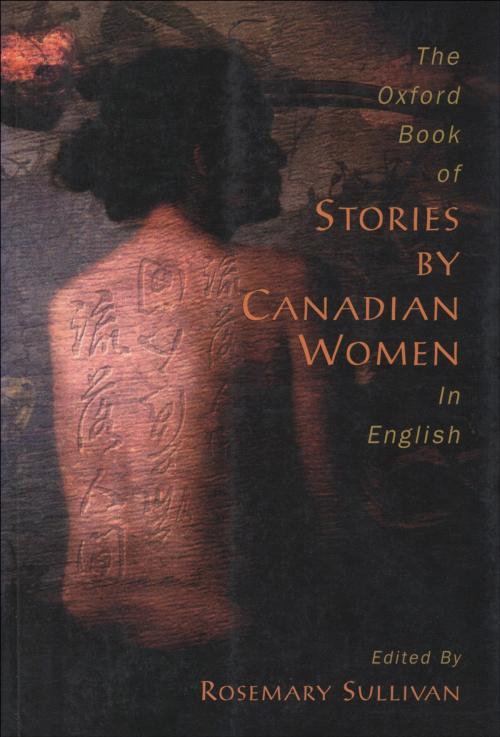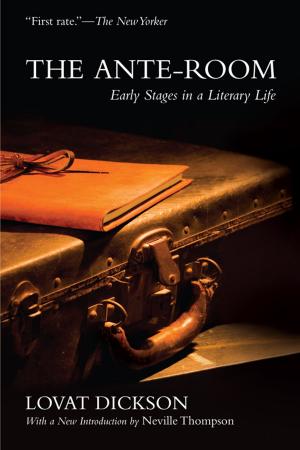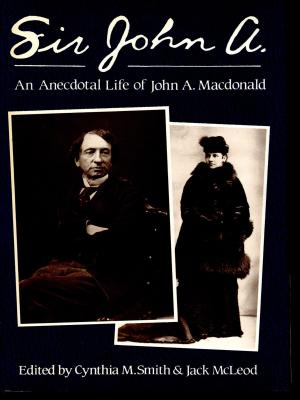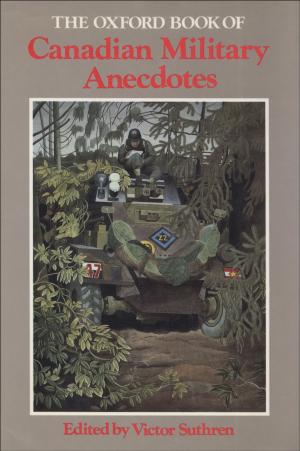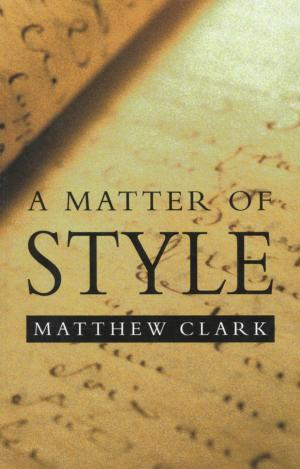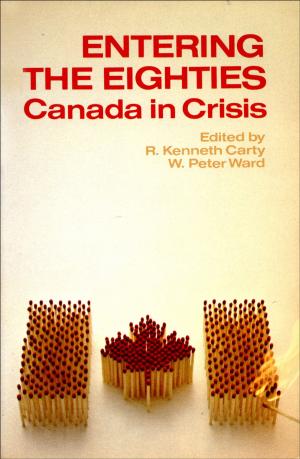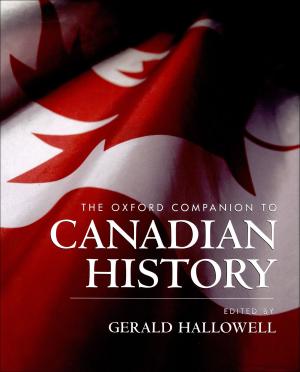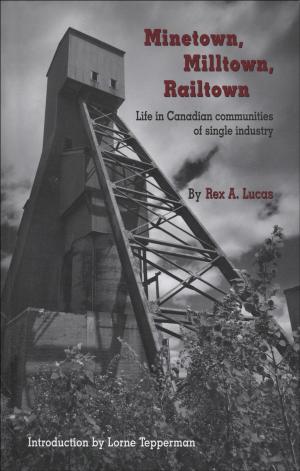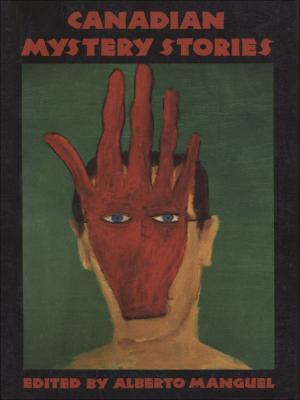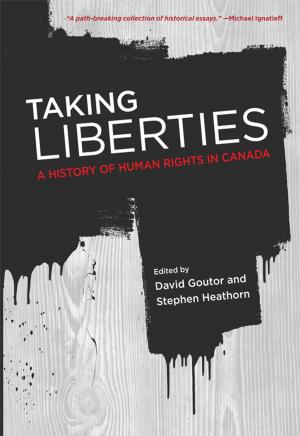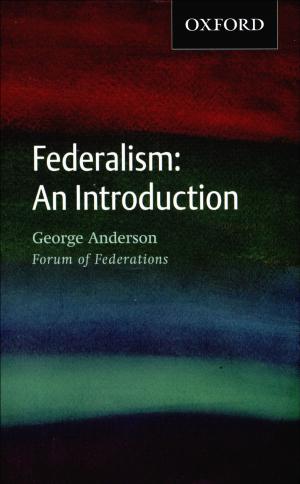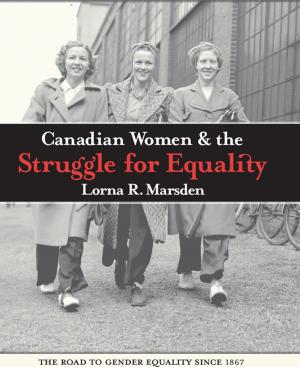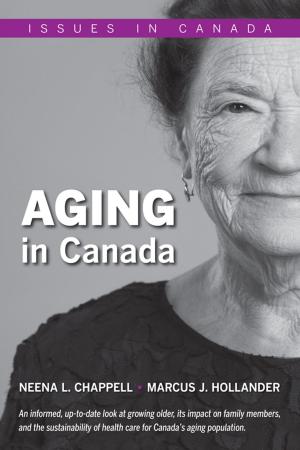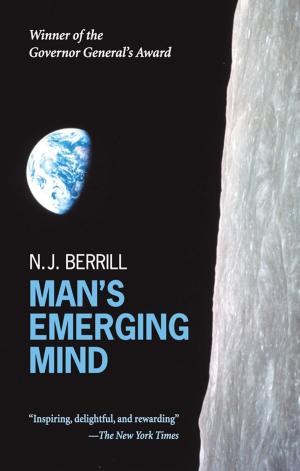| Author: | ISBN: | 9780199010677 | |
| Publisher: | Oxford University Press Canada | Publication: | December 15, 2009 |
| Imprint: | Language: | English |
| Author: | |
| ISBN: | 9780199010677 |
| Publisher: | Oxford University Press Canada |
| Publication: | December 15, 2009 |
| Imprint: | |
| Language: | English |
Canadian women have made remarkable contributions to world literature over the past hundered and fifty years, especially in the short-story genre. The Oxford Book of Stories by Canadian Women in English offers a cross-section of that writing. Together, the fifty stories that Rosemary Sullivan has selected form a kind of collective narrative of womens experience, past and present. All are about women: in childhood, adolescence, maturity, old age; in relationships as daughters, sisters, lovers, mothers; in various social and political contexts. Their authors reflect the countrys racial and ethnic diversity as well as its geographic expanse, from Newfoundland to BC, and they work in a wide range of styles: from documentary narrative (Catharine Parr Traill), romance adventure (E. Pauline Johnson), and satiric social comedy (L.M. Montgomery), to science fiction (Susan Swan) and postmodern metafiction (Gail Scott). Yet all write confidently and eloquently about womens lives. At the end of the last century, no one could have predicted such wealth in Canadian womens writing. Now readers have only to celebrate its vitality, quality, and range.
Canadian women have made remarkable contributions to world literature over the past hundered and fifty years, especially in the short-story genre. The Oxford Book of Stories by Canadian Women in English offers a cross-section of that writing. Together, the fifty stories that Rosemary Sullivan has selected form a kind of collective narrative of womens experience, past and present. All are about women: in childhood, adolescence, maturity, old age; in relationships as daughters, sisters, lovers, mothers; in various social and political contexts. Their authors reflect the countrys racial and ethnic diversity as well as its geographic expanse, from Newfoundland to BC, and they work in a wide range of styles: from documentary narrative (Catharine Parr Traill), romance adventure (E. Pauline Johnson), and satiric social comedy (L.M. Montgomery), to science fiction (Susan Swan) and postmodern metafiction (Gail Scott). Yet all write confidently and eloquently about womens lives. At the end of the last century, no one could have predicted such wealth in Canadian womens writing. Now readers have only to celebrate its vitality, quality, and range.
